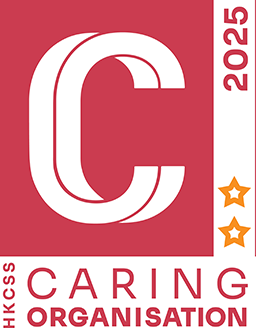Course Coordinator: Dr Wyman Wang, BEng (Hons) HUST, PhD CUHK
Course Developer: The Open University, UK, Course Team
COMP S359 covers relational databases and is an important course within the BSc and BSc (Hons) in Computing, Product Design and Technology, Electronics and Communications Technology programmes.
Advisory prerequisite(s)
You are advised to have already studied COMP S205 / COMP S210 /MATH S261 / COMP S201 / COMP S263.
Aims
This course aims to:
- Explain the concepts underlying all relational databases;
- Provide practical experience in applying the concepts in different situations.
Contents
The first topic introduces the context of databases as part of an information system, which may be used by many people for different purposes and with different requirements. The topic then examines the types of software that are necessary for accessing a database, and how each database has to be specially designed to satisfy the requirements of its users.
The second topic introduces the mathematical theory underpinning relational technologies and shows ways in which the theory is used in the database environment.
The third topic is concerned with relational database management systems, and, in particular, the use of the database language SQL, the recognized standard for defining and accessing a relational database.
The fourth topic is a detailed analysis of the steps involved in developing and implementing a database system. The topic examines, in depth, the tasks and techniques appropriate for each step in the development process, and makes detailed comparisons between implementation alternatives and data representations.
Learning support
There will be about ten two-hour tutorials.
Assessment
There will be four assignments and a final examination. Students are required to submit assignments via the Online Learning Environment (OLE).
Online requirement
This course is supported by the Online Learning Environment (OLE). You can find the latest course information from the OLE. Through the OLE, you can communicate electronically with your tutor, Course Coordinator as well as other students. To access the OLE, students will need to have access to the Internet. The use of the OLE is required for the study of this course.
Equipment
You will need access to a PC-compatible computer with:
- 1.5 GHz x86 processor
- 1 GB RAM
- Hard disk drive with at least 2 GB free for course software
- 8 MB graphics card with colour monitor
- Internet access
Software
Students will need access to a computer with the Windows operating system.
Set book(s)
There are no set books for this course.
Students with disabilities or special educational needs
Students with serious impairment of sight or manual dexterity may find it difficult to follow this course. Course and supplementary materials are not available on tape. You are encouraged to seek advice from the Course Coordinator before enrolling on the course.










